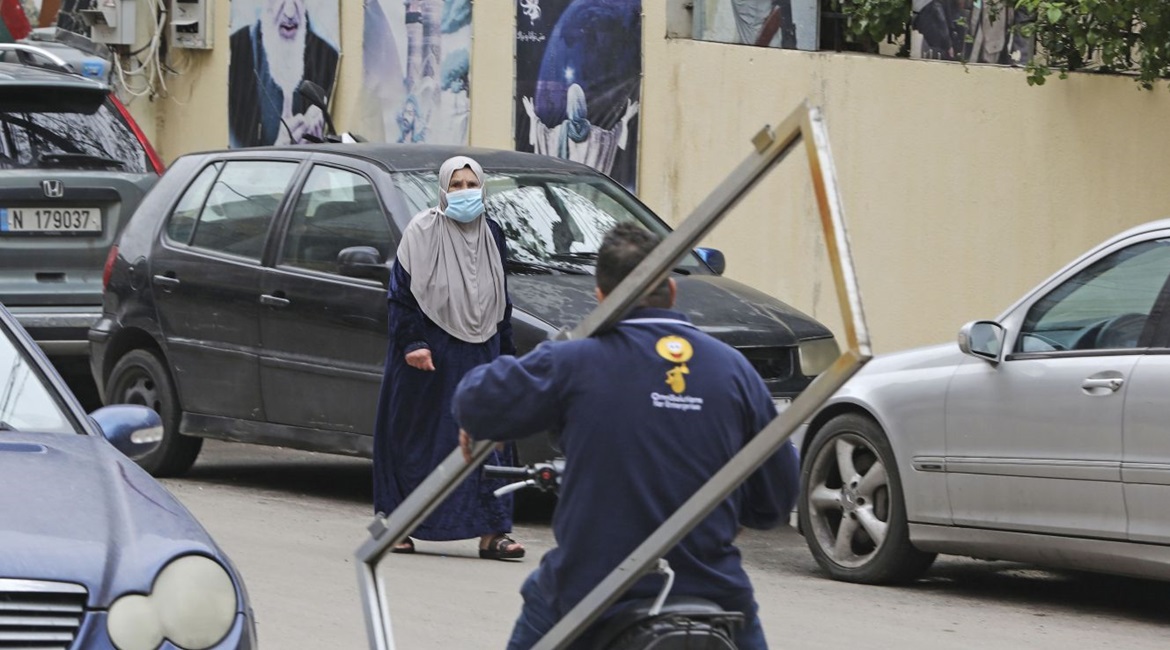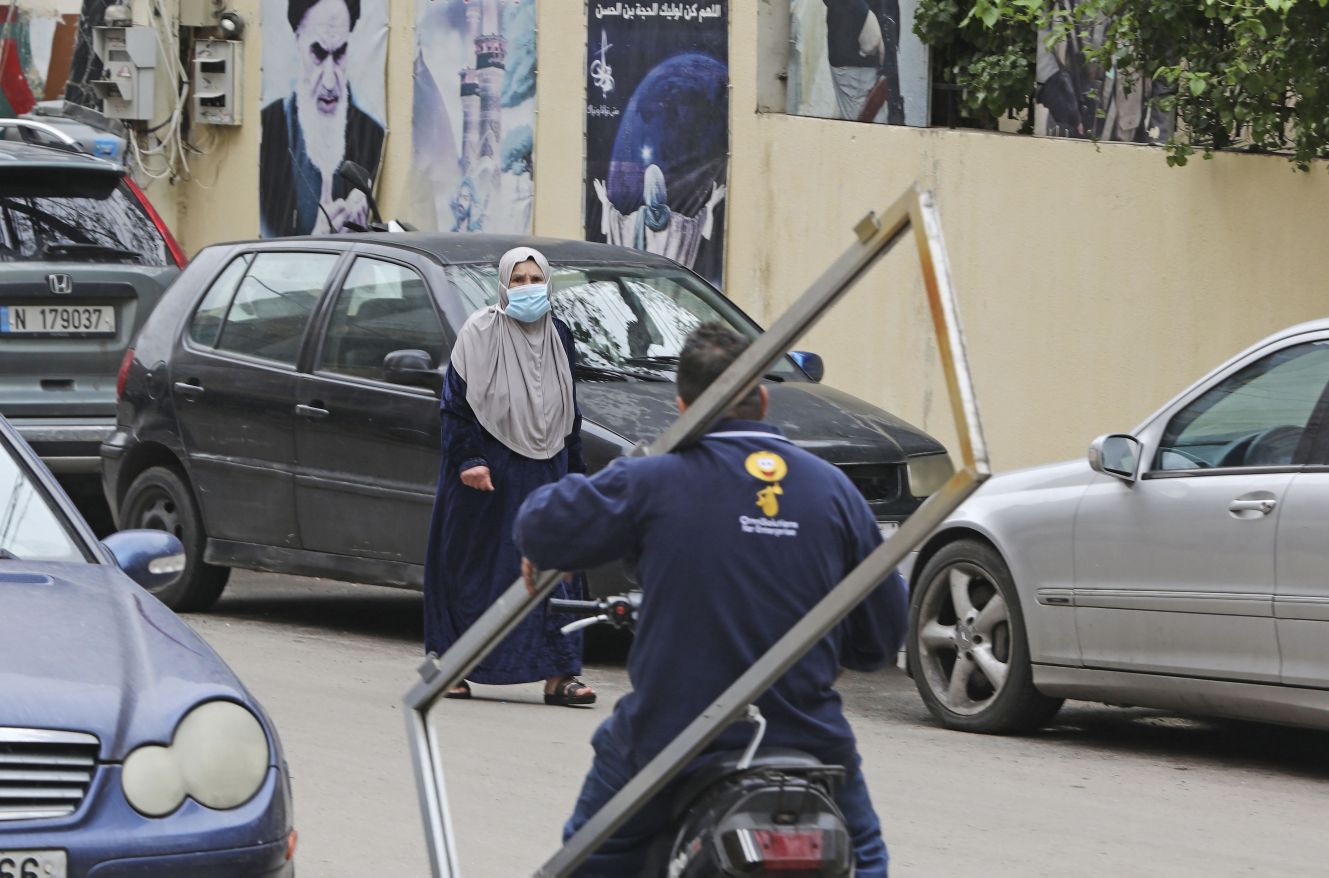
As of 20 March, Lebanon had reported 163 Covid-19 cases, most of whom are receiving treatment at the private hospital of the American University of Beirut (AUB) and the public Rafiq Hariri Hospital in the capital. Although Lebanon has closed land, sea, and air transportation in and out of the country, intelligence sources and a member of Hizbullah’s military wing have confirmed to Jane’s that Hizbullah’s political base in south Lebanon and the Beqaa Valley has been badly hit by the Covid-19 virus. Infections soared after fighters and clerics returning from religious studies and military training in Iran spread the deadly illness throughout the tight-knit community.
Health infrastructure
Hizbullah has an extensive health infrastructure network which should enable a comprehensive response to an outbreak such as Covid-19. Its Islamic Society for Health (ISH; al-Haya’a al-Suhiyya al-Islamiyya) was established in 1984 and is generally recognised as a major public health provider in Lebanon. The ISH regularly co-operates with Lebanese government bodies, including the Ministries of Public Health and Education, as well as international organisations, such as the World Health Organisation (WHO) and United Nations Children’s Fund (UNICEF), to run vaccination and health education campaigns, school health programmes and other initiatives.

Looking to read the full article?
Gain unlimited access to Janes news and more...




